An overwhelming 90 percent of UK pilots are willing to pay for an ADS-B-based electronic conspicuity device, according to the results of a survey by the CAA.
However, that willingness to equip with ADS-B kit does depend on price. Over half (51%) said they expected to pay up to £250. Around a third said £250 to £500.
The survey took place in September 2017 with the CAA asking General Aviation pilots for their views on in-aircraft electronic conspicuity technology that broadcasts its position.
The survey attracted almost 1,600 responses with pilots of single engine, fixed-wing aeroplanes making up three-quarters of the total. Glider pilots represented 12 per cent, with hot air balloon, microlight and rotor pilots making up the rest.
Pilots were quizzed on their use, or not, of electronic conspicuity devices. The survey also explored the key drivers that may affect widespread take-up of the technology.
The answers will help develop the CAA’s strategy for encouraging the use of devices across the GA fleet.
ADS-B is the CAA’s preferred technology standard for achieving airborne situational awareness for pilots and air traffic controllers. Interoperability is the overriding factor in the selection of any system – devices simply have to be compatible to achieve any safety gains.
Survey highlights
- Only one-in-six fixed-wing aeroplane pilots reported using ADS-B already, mostly integrated with a Mode S transponder.
- A further third of pilots fly aeroplanes that are Mode S equipped, but have not been adapted to use ADS-B.
- Almost 90 per cent of glider pilots who responded use FLARM – the anti-collision system designed specifically for gliders.
- Almost 90 percent believed that full electronic conspicuity across the GA fleet would benefit flight safety.
- 83 per cent of aeroplane pilots identified collision avoidance and improved cockpit/ground-based situational awareness as the main safety benefits.
The survey report can be downloaded here


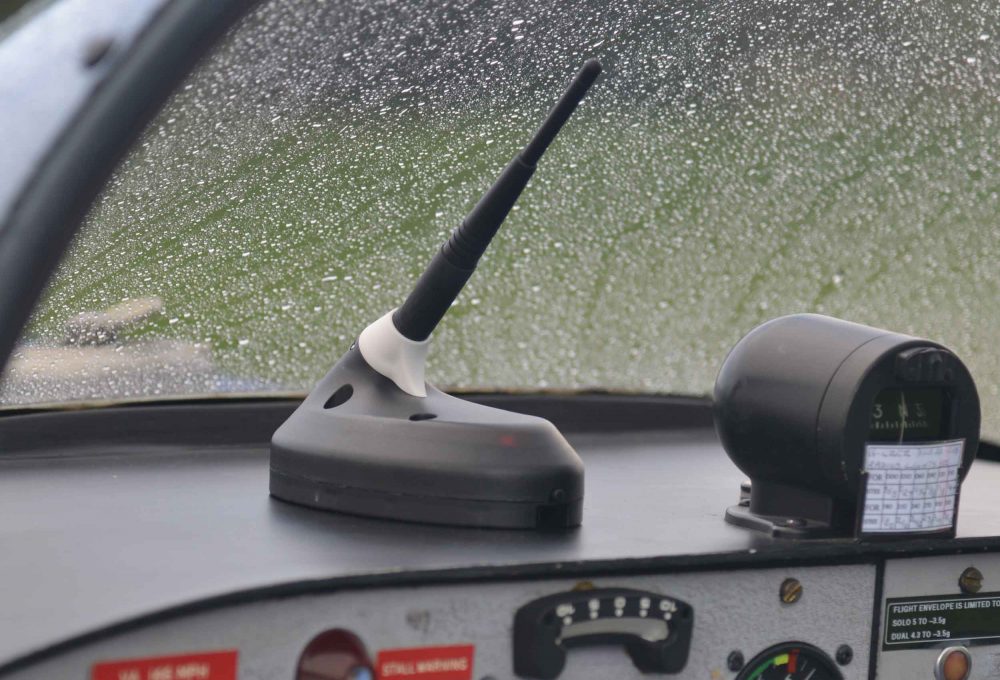
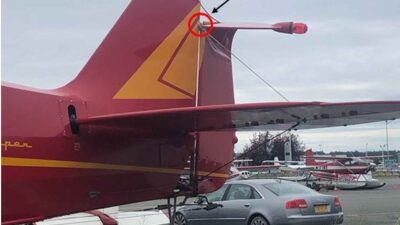
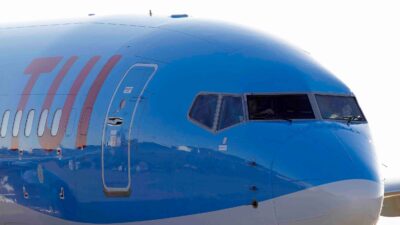
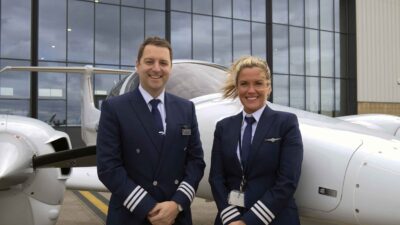
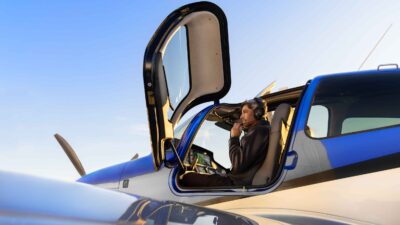
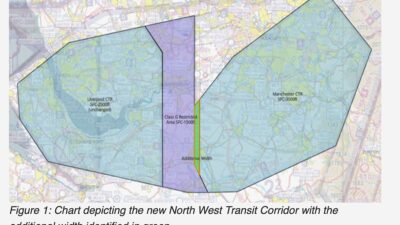
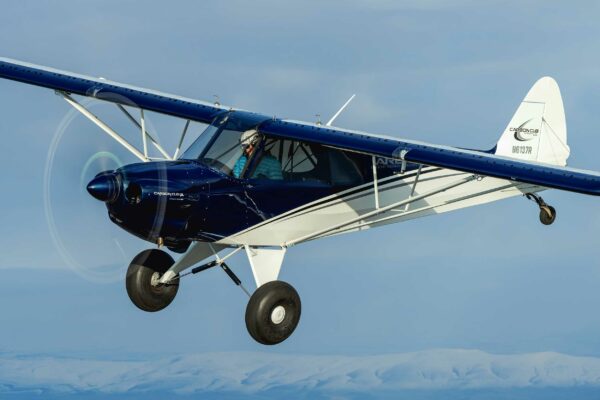
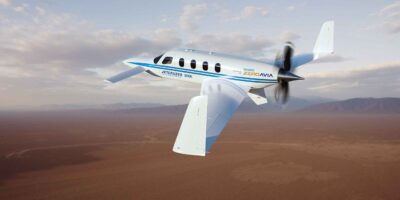

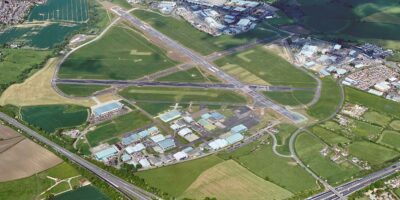
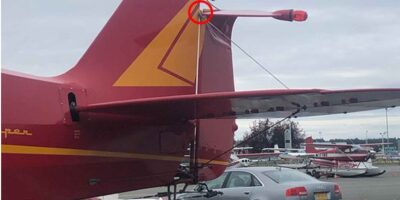
3 comments
Ok – so when will the CAA have a solution for us..
I’m still not clear why we are not leveraging the $billions spent developing and implementing an EC solution across the USA. The FAA have chosen an ADSB solution on a different frequency from the airliners, and because of the market size the manufacturers have developed innovative and lower cost solutions, some of which have been developed up from UAV products which are even cheaper and lighter.
When I raised this at a CAA talk the reply was that they “don’t want the FAA to do our thinking for us”. It is a national disgrace this mentality stands in the way of saving lives NOW.
And spending the money on ADSB out would have been afar better investment than the ludicrous replacement of all our radios which has negligible safety benefit.